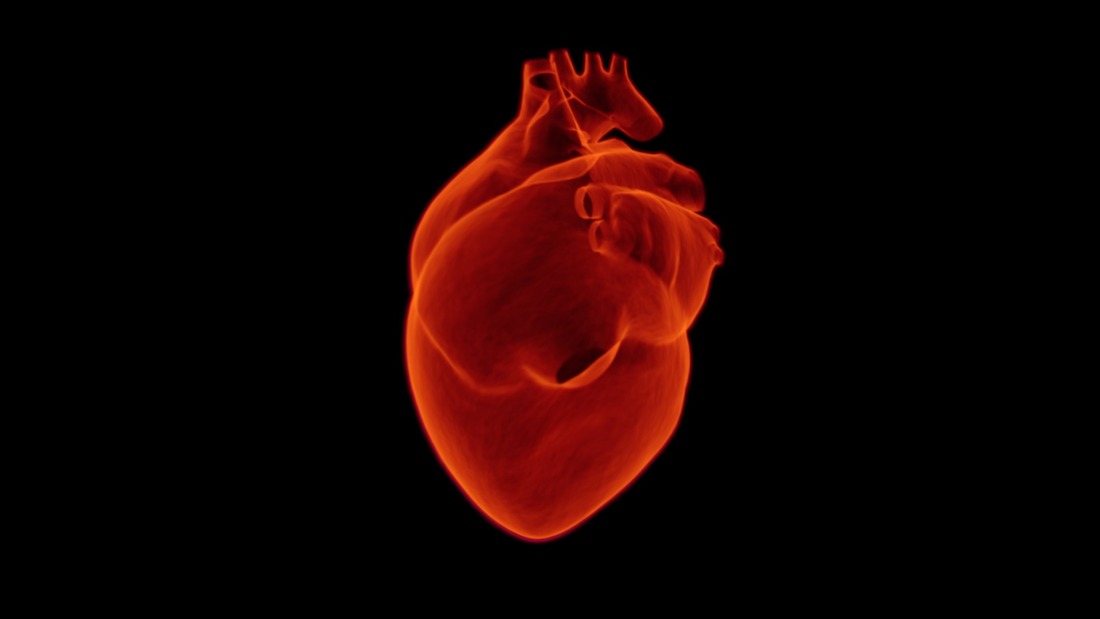There are 4 dimensions to Chinese Medical diagnosis: asking, listening, looking and touching. Often a treatment session begins with a question (asking) like, "What brings you here today?" Then I, the practitioner, begin to listen and look. The answer that individual presents may include the verbal response that s/he decides to provide. But the Chinese Medical practitioner listens and looks with what distinguished contemporary Chinese Medicine professor, Dr. Leon Hammer describes as with "the third ear and eye."
"This accounts for the emphasis in this text on diagnosis: on uncovering what is not obvious. This emphasis is in place throughout the entire process of interviewing a patient, gathering information, and formulating a management plan [...] When someone learns to listen with the third ear and see with the third eye, he will listen for what people avoid, and not just what they say. It is important to do this, because patients need their practitioners to know what they cannot know about themselves, but what they must know." (Hammer, 2017, 41)
Often times, the first session with a patient requires over an hour of discourse as I get to know the patient as an individual. I will then inspect the tongue, which reveals tremendous insights to a person's internal environment. Then, I can finally touch the person. Touching in Chinese Medical diagnosis refers to the taking of the radial pulse on the wrist as well as palpating areas around the body to find correspondences to Acupuncture meridians as well as organs. The noble art of pulse-taking is not simply just counting the beats per minute. Chinese Pulse Diagnosis is extremely in-depth, taking into account rate, rhythm, depth, as well as qualities. This is one of the methods in which we practitioners spend years, if not a lifetime, developing. Since we do not rely on any machines in Chinese Medicine, we develop acute sensitivity in all our senses and most especially at the tip of our fingers.
Why the tongue and pulse? Because they are both the expressions of the Heart. The Heart is central in Chinese Medicine; it is described in the classics as the "Emperor." If the Heart is not functioning well, then all organs are in disarray. It is one of the first organs to develop in an embryo in utero. In Chinese Medicine, the Heart doesn't just govern blood but also houses the Mind. When we say Mind, we refer to not just mental and emotional activity, but also consciousness, memory and thought. As such, our diagnostic methods examine the state of the Heart, as it pulsates persistently to maintain life. This is one of the reasons that brought me to study and practice Chinese Medicine. It is a medicine with Heart.
Reference
Hammer Leon I. (2017): Contemporary Oriental Medicine Concepts. Gainesville, Florida: The Contemporary Oriental Medicine Foundation.
Image Heart by Raman Oza on Pixabay


 RSS Feed
RSS Feed